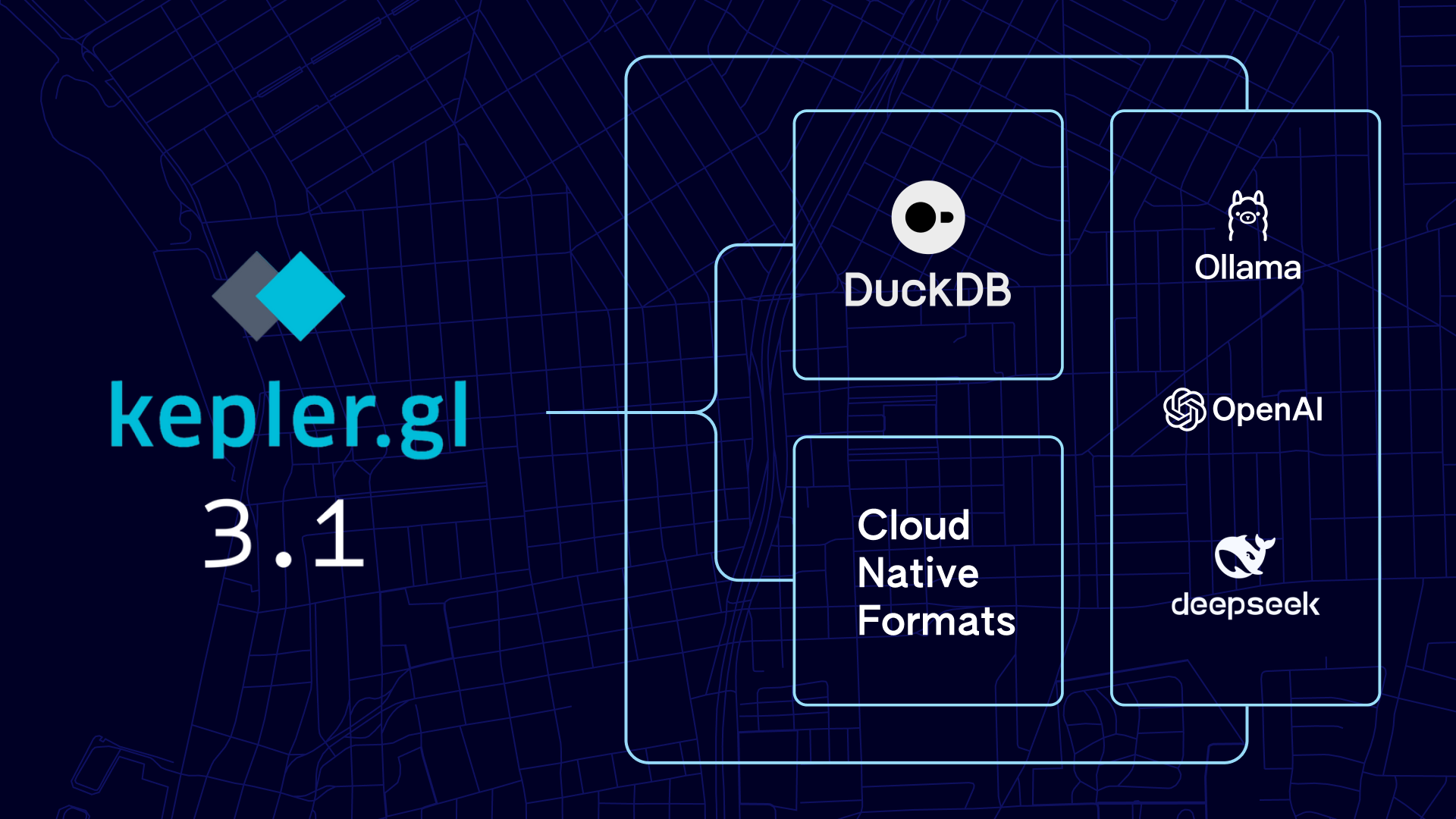The marketing landscape continues to evolve at a rapid pace, with technological developments driving unprecedented change. To stay ahead of the curve and remain competitive in today’s dynamic landscape, marketers must be attuned to the latest trends shaping the industry.
In this article, we explore five key drivers that are influencing the digital marketing landscape: hyper-personalization powered by ML, the importance of high quality data to power AI, the role of large language models (LLMs) and natural language processing (NLP) in data-driven decision making, the advancement of omnichannel strategies, and the renewed focus on consumer privacy.
Let’s delve into the top marketing trends to embrace in 2024:
Machine learning will fuel hyper-personalization

Marketers have long understood the importance of personalization – maximizing relevance by reaching the right person with the right message, in the right place, at the right time. In the coming year, personalization will reach new heights, driven by innovation in data and technology. For example, machine learning algorithms will increasingly power data-driven customer segmentation, helping marketers automatically identify meaningful groups of target consumers based on common characteristics, behaviors, and preferences. Businesses can then create more targeted marketing campaigns, hyper-tailored offers, and customized messaging that resonates with each segment’s unique attributes.
Machine learning also allows marketers to adaptively refine segmentation criteria over time, meaning efforts are tailored for maximum impact and effectiveness as consumer behaviors continuously evolve. Beyond advertising, machine learning and sophisticated technologies are already being implemented to deliver personalized experiences within mobile apps, thus driving engagement and retention. This is exemplified in the context of retail, where Foursquare’s developer toolkit enables businesses to notify shoppers about current offers and promotions when they’re nearby or in a store location.
High quality ground-truth data must be prioritized for AI excellence

Artificial intelligence is undoubtedly at the forefront of every marketers’ mind in 2024. When it comes to geospatial artificial intelligence (GeoAI), and artificial intelligence in general, the quality of ground-truth data fueling the model is paramount. For instance, while AI can be used to build dynamic ad creatives, a lack of accurate or up-to-date information can lead to frustration, confusion, and ultimately customer churn. Consider a situation where a GeoAI-driven ad creative mistakenly recommends a restaurant location that has recently closed because of inadequate ground-truth data. This underscores the necessity of a robust base layer of real-world signals for GeoAI systems to extrapolate reliable insights and deliver relevant consumer experiences at every stage of the customer journey.
LLMs and NLP will drive data-driven decision-making

The rise of large language models (LLMs) and natural language processing (NLP) mean that formerly complex queries are now being generated at the speed of software, without technical expertise required by the end-user. As a result, data-driven decision-making takes center stage in 2024. Marketers will increasingly leverage user-friendly analytics tools to gain a deeper understanding of consumer behavior, preferences, and trends. Among the myriad of tools and data available, one area that stands out prominently is location intelligence. Whether it’s analyzing foot traffic patterns, identifying prime locations for new stores, or optimizing advertising spend based on location-specific performance metrics, location-based analytics is ripe for adoption as it enables marketers to make informed decisions that drive ROI and business growth.
Omnichannel strategies will become even more sophisticated

Forrester forecasts that “72% of total US retail sales will still occur offline in 2028. This intensifies the need for a holistic understanding of how physical and digital stores, distributors, and warehouses work together to serve customers based on proximity to customers, transportation infrastructure, and labor availability.” In 2024, businesses will leverage location intelligence to deliver consistent and personalized experiences across online and offline channels. Whether a customer is browsing products on a website, interacting with a mobile app, or visiting a physical store, the integration of location technology ensures a cohesive journey that adapts to their preferences and context in real-time.
Businesses will place renewed focus on consumer privacy

Modern marketers need to balance the dual consumer demand for privacy and personalization. Protecting customer data and trust is unquestionably of the utmost importance. At the same time, marketers need access to high quality consumer data in order to power personalization and maximize business impact. By adopting advanced, privacy-first technologies, businesses can achieve the best of both worlds.
For example, Foursquare Attribution is built in a way that minimizes reliance on personal data – without compromising usability or accuracy and ensuring future viability. By leveraging advanced data science tools and applying modeling techniques on an intentionally selective pool of high quality data – including first-party data that has been collected in accordance with our transparency requirements – Foursquare is able to account for inherent bias and address any fluctuations to provide stable, reliable results reflective of real-world behavior. Additionally, the actionable insights provided are aggregated, meaning we never share, and you will never be exposed to, sensitive location data. Moving through 2024 and beyond, we anticipate that decision-makers will increasingly tap into insights from aggregated consumer data to answer key business questions on-demand while also protecting consumers’ privacy.
The takeaway
In conclusion, 2024 heralds a new era of marketing innovation, driven by the convergence of technology and location intelligence. From hyper-personalization and AI to data-driven, privacy-first insights, businesses are utilizing location technology to redefine customer engagement and deliver unparalleled value. By embracing these emerging trends and harnessing the transformative potential of location technology, businesses can stay ahead of the curve and forge meaningful connections with their audience in an ever-evolving digital landscape.
Watch this webinar to hear more from industry experts about key technology trends in 2024.
Reviewed By: Ariel Eck



